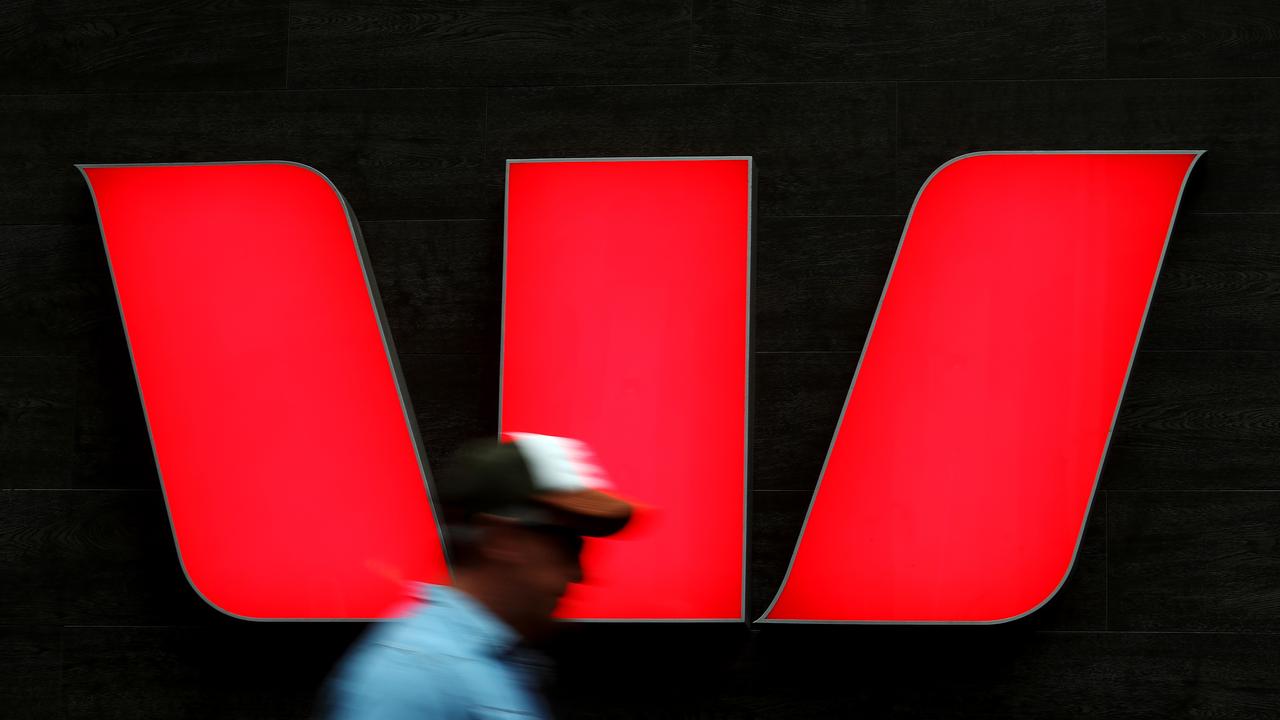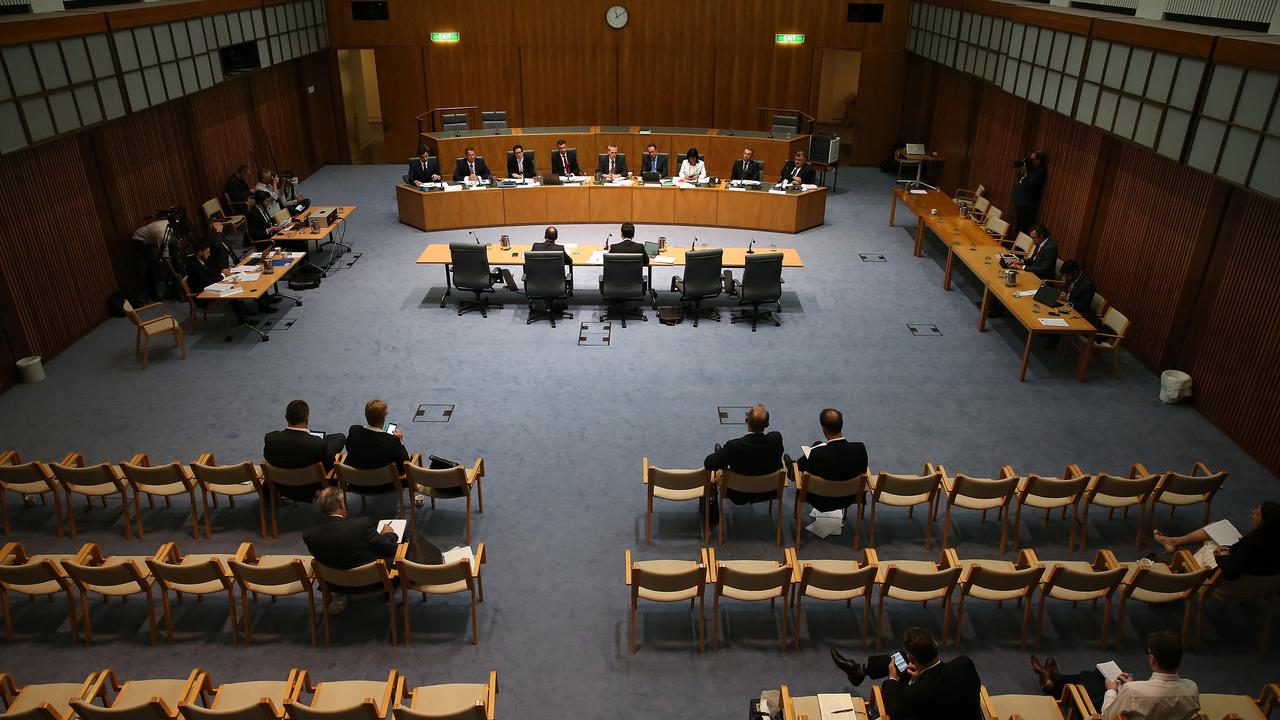Australians rush to grab stocks from Wall Street’s tech titans
It’s clear that investors are desperate to get their hands on big name US shares.

Yet it’s clear that investors are desperate to get their hands on big name US shares: CommSec, the biggest broker in Australia, says the number of Australians buying offshore shares had doubled over the past six months.
Why the rush?
• 1. There is a huge interest in new era tech stocks — investors want a slice of the action at Facebook, Google, Tesla and a range of other major American stocks. CommSec estimates that Facebook is already its third most popular stock on its international platform.
• 2. An increased concentration in the local market on banks — now making up 40 per cent of the entire Australian market — has urged local investors to diversify offshore.
• 3. Offshore markets offers sectors which barely exist on our local sharemarket such as technology, pharmaceuticals or investment banking.
• 4. The trend decline in the Australian dollar (which has reversed in recent weeks) has made any recent investor in the US markets a winner from a currency perspective as the income from dividends or future price increases are strengthened by a falling Australian dollar.
But direct purchases of particular stocks still have some difficulties — there is red tape in filling out forms and there is the need to use exchange currencies to buy the shares — if you buy shares outside the US it is even more complicated because money gets changed first into US dollars and then the trades are done in euros.
One other drawback is that dividends from overseas stocks are generally lower — as a benchmark major US stocks in recent years have returned dividend yields roughly 50 per cent lower than Australian majors, and of course the outstanding factor is that such dividends are not “franked”: This lack of strong dividend flows from overseas shares is certainly the traditional drag on local investor activity …. though US dividend yields are beginning to improve.
For many people buying directly into Disney, Coca-Cola or Facebook is just too hard: Many seek the easier rout of taking up ASX-listed ETFs (which act as index funds that are listed in their own right). As Stirling Larkin notes today on the page opposite there is a new enthusiasm for ETFs that can capture the current revival especially in mid-sized US shares such as the Core S&P Mid-Cap ETF (IJH: AU) or the Russell 2000 ETF (IRU: AU). A more direct proxy to our ASX 200 would be an ETF such as the iShares Core S&P500 (IVV: AU).
In attempting to satisfy the demand from Australia there have also been some interesting if marginal initiatives: Apple has listed bonds in Australia, while corporations such as Dixon, which is behind the US Masters Residential REIT, buys residential investment properties in the US.
Similarly, there are listed investment companies with related ambitions: For example, the Global Masters Fund simply puts most of its cash in Warren Buffett’s Berkshire Hathaway.
But what might be the best of all worlds would be the ability to directly buy some of these so-called global titans on the Australian market which would minimise bureaucratic complications, currency issues and hopefully transaction costs.
The ASX has made some attempts to provide such a service but for the moment the bulk of the possible activity on the exchange has been through ETFs — which only go so far to satisfying demand. Even a targeted ETF such as one that specialises in small caps or healthcare will still have the distinct disadvantage carried by all “index style” products: Good, bad and ugly stocks are all bought for the simple reason that their market capitalisation places them inside the index.
Now from the unlikely springboard of the ASX rival, the Chi-X exchange, there is a plan to allow Australian investors to invest directly in big US-listed stocks from the New York Stock Exchange and Nasdaq. To be called “TRACs” the units would trade in Australia and represent stock in the underlying US-based equity. Treasurer Scott Morrison has recently lightened some regulations in a move which will allow all this to happen. Chi-X, led by CEO Richard Fildes, has already been working on the plan for 18 months and it is hoped the whole enterprise can get off the ground in the coming months … bring it on, it can’t happen fast enough.




Getting access to overseas markets — especially Wall Street — has always been a major challenge for Australian share investors.